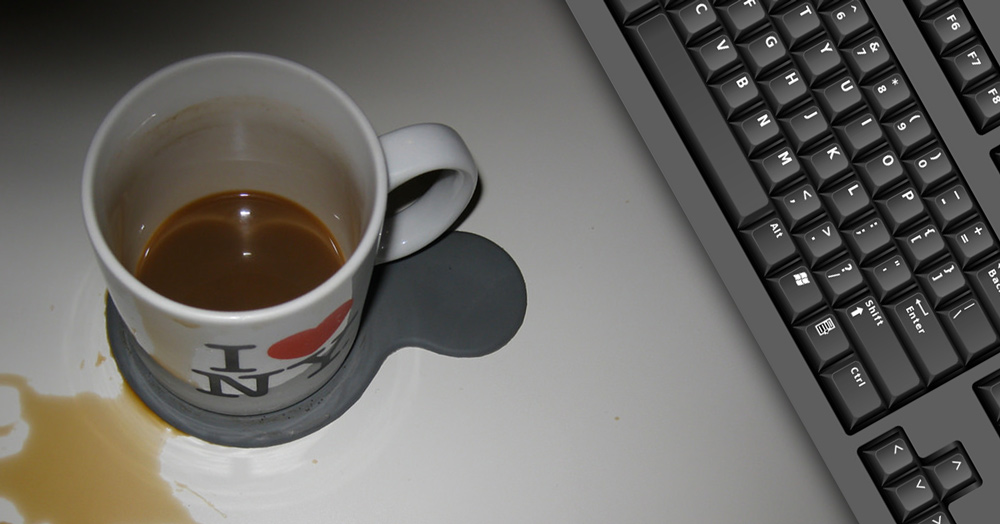Many years ago, waiting for coffee at a vendor in front of the Washington Post building and across the street from my U.S. Term Limits office, I often exchanged friendly banter with the Post’s Dan Balz.
Coffee in hand last Sunday, I read Balz’s column, “A scholar asks, ‘Can democracy survive the Internet?’”
“In more innocent times, the rise of the Internet was seen by many people as a boon to democracy,” Balz began, adding that “the Web broadened the flow of information, introduced new voices into the political debates, empowered citizens and even provided a powerful fundraising tool for some lesser-known candidates such as Barack Obama and Bernie Sanders.”
Obama, Sanders … all to the good!
“Now, in what are clearly less innocent times, the Internet is viewed as a far less benign force,” he continues, next to a picture of President Donald Trump’s Twitter feed. “It can be a haven for spreading fake news and rewarding the harshest and most divisive of political rhetoric.”
Mr. Balz’s time continuum is faulty. The “innocent times” when Bernie Sanders used the Internet to raise money were the same “clearly less innocent” times when voters elected President Trump.
“Neither the legacy media nor the established political parties,” Balz bemoans, “exercise the power they once had as referees.”
Nathaniel Persily, the scholar cited by our legacy-media columnist, shares Balz’s anti-Trump bias. But he makes an important point, writing that the Trump campaign “could only be successful because established institutions — especially the mainstream media and political party organizations — had already lost most of their power.”
People voted against the less-than-innocent political (and media) establishment.
This is Common Sense. I’m Paul Jacob.
Illustration based on original artwork by PRO With Associates


